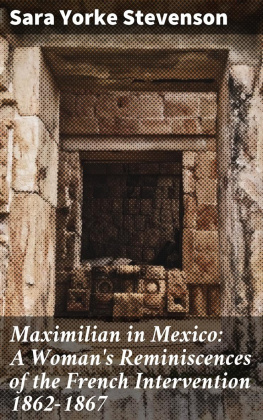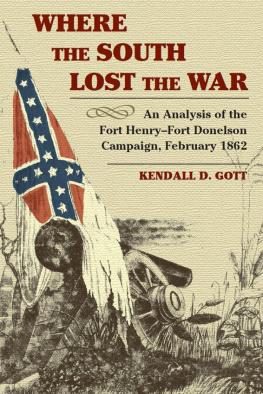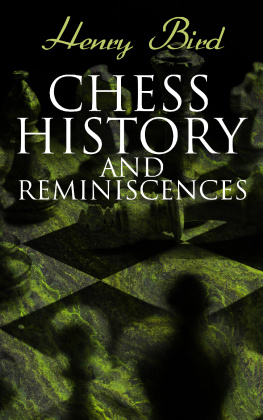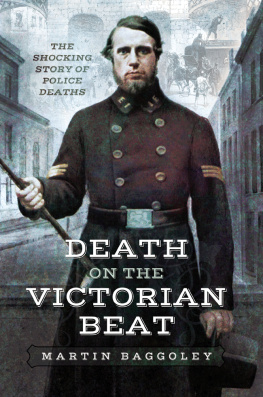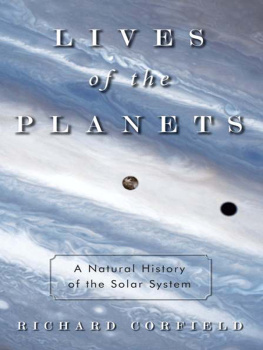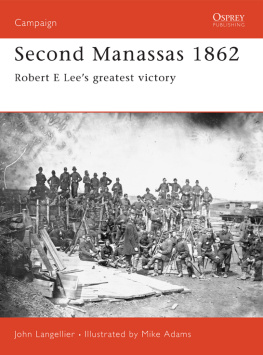CHAPTER I.
A s it is in the blood of most Englishmen from the "West Country" to seek adventure abroad, it is little wonder that the visit of an uncle from Australia strengthened a desire I felt to seek my fortune in that country. This uncleH. C. Corfieldwas the owner of some pastoral country in the Burnett district, and described in glowing terms life in the Australian bush. I might say here this was not all it had been painted, but that by the way.
And so it happened that on a cold, foggy morning in February, 1862, I found myself with an old schoolmateGeorge Custardon board of, as it was then customary to advertise, "the good ship, 'City of Brisbane,' 1,100 tons burthen, 'Neville,' Master," which lay in Plymouth Sound, waiting her final complement of passengers for Queensland.
Mr. Henry Jordan, who was representing the Colony, came on board to address the passengers, who, he said, were going to a land of promise, where in the evening of his life, a manas the reward of his labourwould sit in the shade of his own fig tree and enjoy the rest he had earned.
Soon the capstan was manned, and the anchor lifted to the old chantey:
For tinkers, and tailors, and lawyers, and all,
Way! Aye! Blow the men down!
They ship for real sailors, aboard the Black Ball,
Give me some time to blow the men down.
Blow, boys, blow, to Californeo-o-!
There's plenty of gold, so we've been told,
On the banks of Sacremento!
This we found was our good-bye to England, and, towed out by a tug, we commenced our long voyage to Australia. When well clear of the land, the tug dropped us, and with a favourable breeze, we made quick passage to the entrance of the channel.
By this time most of the passengers were suffering the usual disabilities felt by landsmen for the first few days at sea. I soon gained my sea legs, and was able to take a view of my surroundings.
Here we were365 human beings, who would be cooped up for weeks in a sailing ship, and with as many different characters, sympathies and antipathies, one wondered if it could be possible to live long with harmony and unselfishness in such daily crowded contact. I suppose we were representative of the many, who, whether in the poop or steerage of similar ships, were looking hopefully towards the far off, not-long-named southern colony, which was becoming known to the people of Great Britain.
I was just nineteen, and all things looked bright and cheerful, but I was impatient for the time when, on a bounding steed, I would be scouring the plains, following the sheep and cattle on my uncle's property where, as an employee, I was to begin my adventures.
After a passage of 137 days, spent either in glorious runs before favouring winds, wearisome calms, or battling against heavy gales, we arrived in Moreton Bay, and in due course at Brisbane.
The city, as it was in 1862, has so often been described, that it is unnecessary for me to say anything as to its appearance. All I need say is that it did not enter my mind to anticipate its growth and importance.
Our ship's surgeon was Dr. Margetts, who, for many years afterwards, practised his profession at Warwick. It is to his credit that we had no deaths on the voyage, but immediately after landing, a little girl passenger died. I helped to dig her grave on the ridges somewhere out towards Fortitude Valley. My destination was "Stanton Harcourt," 55 miles north-west from Maryborough, which my uncle held as a station. He was taking an active part in the great developments which, at this time, were being carried out by the squatters. I was directed by my uncle's agents, George Raff and Co., to engage five or six of the immigrants as shepherds. These accompanied me to Maryborough by the old steamer "Queensland." On arrival at Maryborough the shepherds were taken charge of by the local agents, and I was instructed to ride on to the station. I left Maryborough alone the same afternoon, but had not gone far when I found I was bushed. Riding back I struck the main road, and followed it to the public house at the Six-mile, which was a favourite camping place for carriers. My new-chum freshness immediately attracted the attention of the bullock-drivers camped there, who told me of the dangers I would meet from the blacks, unless I propitiated them by generous gifts of tobacco.
These stories so much impressed me that I bought a large quantity of tobacco from the publican. After that, when I saw any blacks, even if off the road, I would ride over and give some tobacco, which surprised and amused them considerably. I arrived at the public house, at a place known as "Musket Hat," in time for dinner. A gentleman who knew my uncle happened to be there, and whilst waiting for dinner, said, "Come out, and I will show you a good racehorse." Outside a horse was being groomed by a man, who took some pains to describe his good points. I appreciated the man's kindness, and on leaving handed him a shilling to buy a drink. This he took with a smile, and thanked me. I felt somewhat small when my friend told me that I had tipped the owner of the horse himself, and that he would tell the joke in such a way that it would be long before I forgot it, and this proved to be so.
Towards sundown, my friend left me at the turn off of the main road. My first ride through Australian bush was very lonely, and I was very timid. I heard what sounded like revolver shots, loud shouting, and much swearing. This I learned later was the ordinary language used when driving bullocks, while what I took to be revolver shots, was the cracking of bullock-whips. At the time I imagined a battle was being fought with bushrangers, but it turned out that it was merely the station bullock teams going to Maryborough for stores, and to bring up the hands engaged by me, with their belongings.
I found the station in charge of a manager, and that my uncle had gone north in search of new country for the sheep. Grass seed and foot rot were playing havoc with the sheep on "Stanton Harcourt." Shortly after my arrival, 1,000 head of cattle purchased from White, of Beaudesert, reached the station. In those days pounds were unknown, and I now had my first experience in drafting cattle in an open yard. An old cow, evidently knowing that I was raw, came at me, and would have caught me, but that my hat fell off and attracted her attention. She impaled the hat instead of me. My next lesson was in bullock driving. I was sent with two loads of wool to Maryborough, having a black boy to drive one team, and another boy to muster the bullocks. These would not allow the black boys to go near them to yoke up, so I had to do this for both teams. After capsizing my dray three times on the road, and pulling down a fence in the town, I delivered the wool. The blacks had a short time before stuck up several drays, and carried the loading in their canoes across the river.




